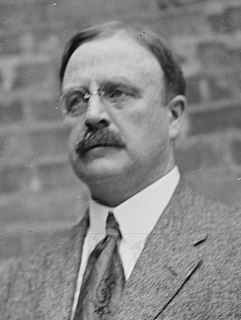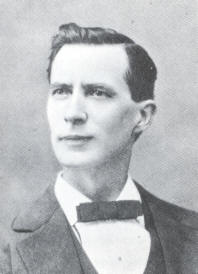A Quote by Douglas Rushkoff
Our enthusiasm for digital technology about which we have little understanding and over which we have little control leads us not toward greater agency, but toward less...We have surrendered the unfolding of a new technological age to a small elite who have seized the capability on offer. But while Renaissance kings maintained their monopoly over the printing press by force, today's elite is depending on little more than our own disinterest.
Quote Topics
About
Age
Agency
Capability
Control
Depending
Digital
Digital Technology
Disinterest
Elite
Enthusiasm
Force
Greater
Kings
Leads
Less
Little
Maintained
Monopoly
More
New
Offer
Our
Over
Own
Press
Printing
Printing Press
Renaissance
Small
Technological
Technology
Than
Today
Toward
Understanding
Unfolding
Us
Which
While
Related Quotes
A little more kindness, A little less speed, A little more giving, A little less greed, A little more smile, A little less frown, A little less kicking, A man while he's down, A little more "We", A little less "I", A little more laugh, A little less cry, A little more flowers, On the pathway of life, And fewer on graves, At the end of the strife.
Pure, hard-core liberals believe in a superior race. They think they're it. They believe they're more intelligent than the general run of mankind, better suited than the little people are to manage the little people's lives. They think they have the one true vision, the ability to solve all the moral dilemmas of the century. They prefer big government because that is the first step to totalitarianism, toward unquestioned rule by the elite. And of course they see themselves as the elite.
As we make and keep commitments, even small commitments, we begin to establish an inner integrity that gives us the awareness of self-control and the courage and strength to accept more of the responsibility for our own lives. By making and keeping promises to ourselves and others, little by little, our honor becomes greater than our moods.
To find something comparable, you have to go back 500 years to the printing press, the birth of mass media – which, incidentally, is what really destroyed the old world of kings and aristocracies. Technology is shifting power away from the editors, the publishers, the establishment, the media elite. Now it’s the people who are taking control.
I feel like I veer more away from technology than toward it. I'm a little scared of the direction we're going, to be honest. It feels like a sci-fi novel from the '50s, the way we can control everything and the solitude we each have in our own little bubbles, and yet we feel like we have social interactions. We're moving in a weird direction, at least.
It's easy to fall into the trap of assuming that a new technology is very similar to its predecessors. A new technology is often perceived as the linear extension of the previous one, and this leads us to believe the new technology will fill the same roles - just a little faster or a little smaller or a little lighter.
I do think American culture has shifted a little bit away from the contemplative more toward the visual, more toward the emotional, and more toward the expressive. I don't think there's a lot that can be done about that. We just have to understand that it's the product of technology and of the way people live now.
It is imperative to exercise over big business a control and supervision which is unnecessary as regards small business. All business must be conducted under the law, and all business men, big or little, must act justly. But a wicked big interest is necessarily more dangerous to the community than a wicked little interest. 'Big business' in the past has been responsible for much of the special privilege which must be unsparingly cut out of our national life.
When we stop trying to control events, they fall into a natural order, an order that works. We're at rest while a power much greater than our own takes over, and it does a much better job than we could have done. We learn to trust that the power that holds galaxies together can handle the circumstances of our relatively little lives.
Were it possible for us to see further than our knowledge reaches, and yet a little way beyond the outworks of our divinings, perhaps we would endure our sadnesses with greater confidence than our joys. For they are the moments when something new has entered into us, something unknown; our feelings grow mute in shy perplexity, everything in us withdraws, a stillness comes, and the new, which no one knows, stands in the midst of it and is silent.
It has become a common feeling, I believe, as we have watched our heroes falling over the years, that our own small stone of activism, which might not seem to measure up to the rugged boulders of heroism we have so admired, is a paltry offering toward the building of an edifice of hope. Many who believe this choose to withhold their offerings out of shame. This is the tragedy of the world. For we can do nothing substantial toward changing our course on the planet, a destructive one, without rousing ourselves, individual by individual, and bringing our small, imperfect stones to the pile.
The real menace of our Republic is the invisible government which like a giant octopus sprawls its slimy legs over our cities, states and nation. At the head is a small group of banking houses... This little coterie...runs our government for their own selfish ends. It operates under cover of a self-created screen...seizes...our executive officers...legislative bodies...schools... courts...newspapers and every agency created for the public protection.
The wisest is he that knows only that he knows nothing. God only knows. We mortals are only troubled with morbid little ideas, sired by circumstance and damned by folly. The human head can absorb only the flavorings of its surroundings. We assume that our faith political and our creed religious are founded upon our reason, when they are really made for us by social conditions over which we had little control.







































